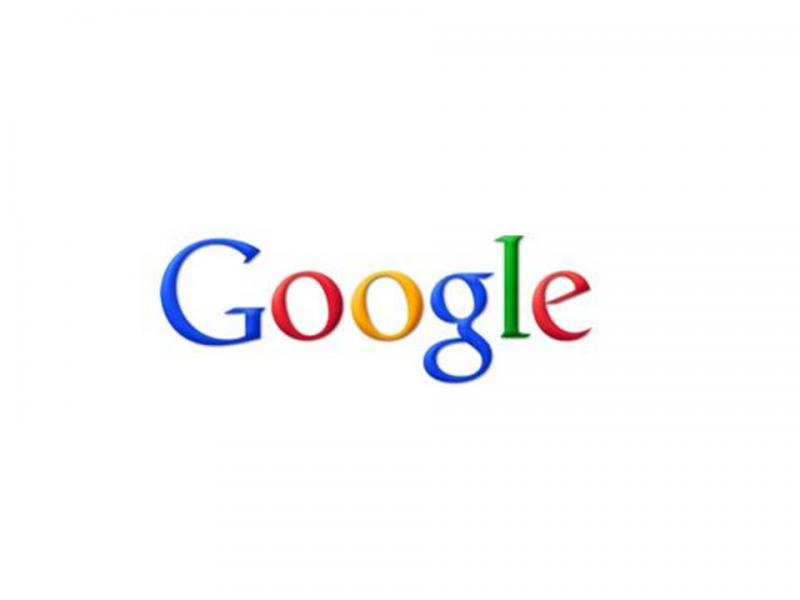Is Google next with OTT?

A July 17th article in the Wall Street Journal described Google as meeting with “media companies” in an effort to acquire rights to stream content via IP. While some content owners appear uninterested in upsetting the profitable status quo, some may more willing to take from Google’s deep financial pockets.
Google first entered the fray with its 2011 launch of the Google TV. While that venture has proved less than successful by any measure, adding syndicated content to Google TV would move the company into a likely head-to-head battle with content aggregator Apple. That company has made no secret of its desire to create an OTT pay-for-play model much like its iTunes business, which BTW, grossed more than $4 Billion last year.
Google isn’t the only company eager to bring OTT to audiences. Intel has for a year been actively attempting to gain access to content, as noted in this previous Broadcast Engineering article. According to sources, the company may initially have been unaware of the high costs and restrictions it might encounter when trying to buy content. In addition, some content owners are prohibited in further sales of programs because they have sold exclusive distribution rights to others; Time Warner, Comcast, ect. These and other congloms have locked up some content to the point where its unavailable at any price to new competitors.
For a Google OTT new service to work, the company must obtain licensing from the content owners and other media companies. Any resulting channel lineup would need to include both popular and less popular programs. That means, Google won’t be able to get, say Disney’s ESPN, without also carrying (and paying for) much less popular channels like Disney’s SOAPnet. The program licensing process may prove to be tough and expensive. Even so said the WSJ article, “Google feels the need to beat Apple to the punch.”
The professional video industry's #1 source for news, trends and product and tech information. Sign up below.
